Medical treatment after an accident can be very expensive. A big misconception is that the person who caused your injury is going to pay your medical bills as they accrue. Unfortunately, you won’t receive a series of small checks up front to pay your medical treatment. It is not until the end of your case that the at-fault driver’s insurance company writes you one lump-sum check to cover all of your medical treatment.
Medical Payment Options Before Settlement
1) Personal Injury Protection Insurance Coverage
In Washington State, your automobile insurance company is required to offer Personal Injury Protection (PIP) insurance coverage at the time you purchase your insurance. If you have PIP coverage, it will pay for your medical expenses following a car accident, regardless of fault.
Will my insurance rates go up if I use PIP?
It is against the law in Washington State for an insurance company to raise your rates for filing a no-fault PIP claim. If the accident is not your fault, and you use your PIP coverage, your rates will not increase.
Advantages of PIP
- Enables you to select whichever medical provider you would like to use for treatment.
- Receive coverage regardless of fault.
- Eliminates worry about health insurance limitations.
You may receive push back from some providers when trying to use PIP. Typically, your attorney will step in, explain how PIP works, and reassure them about payment.
Receiving Payment Through PIP Coverage
PIP coverage is a contractual obligation between you and your insurance company based on you paying premiums. PIP coverage is subject to whatever is contained within your insurance contract. Typically, if the insurance company deems your claim compelling and valid, the PIP insurer will pay for your medical bills up to certain no-fault state limit.
However, this process does not always run smoothly. Medical bills that should be paid by the PIP insurer may be denied. Insurance companies are known to use various strategies to terminate PIP coverage and avoid payment. A common method is to send you, or your medical records, to their medical provider to conduct an examination. After the examination, the insurance doctor will state that you don’t need treatment, or that the medical issue is not a result of the accident. In this case, we can help you by challenging their decision and holding them to their contractual obligation.
2) Health Insurance Coverage
If you don’t have PIP coverage or your PIP coverage is exhausted, another avenue for paying your medical bills as they incur is through your health insurance. Your insurer’s obligations are determined by your contract. Typically, you will have to continue paying any co-pays and deductibles when you use your health insurance. Your health insurance should then process your claims normally and pay your medical bills.
Sometimes, health insurance companies will challenge claims in an auto accident situation and refuse to pay. If this happens to you, we can assist by showing your insurance company that there is no PIP coverage, or your PIP is exhausted, and that they are thus legally obligated to pay.
3) Third Party Lien
If you don’t have PIP or health insurance coverage, you may be able to find a medical provider who is willing to provide treatment and wait for payment until your case is resolved. Sometimes, a provider will require a letter of guarantee to ensure that they will receive payment. This option limits the types of providers available to you.
Payment After Settlement
After your case is resolved against the at-fault party, your PIP insurer and/or health insurance company will want to receive reimbursement for your medical bills.
However, in Washington state, there are two rules that help protect your recovery:
“Made Whole” Rule
Your PIP or health insurance company is only entitled to reimbursement if you are “made whole” or fully compensated for your damages after the accident. If the amount of the settlement is insufficient because the available insurance limits are too low, then PIP or your health insurance is not entitled to receive reimbursement. Simply, you don’t have to reimburse them—that’s extra money in your pocket.
Common Fund Rule
The amount of money paid back to your PIP or health insurance company may be reduced if you hire an attorney. This reduction is based on the fact that the insurance company must bear a pro-rated share of your attorney fees and legal costs. Essentially, if you have a lawyer, some money is going to stay in your pocket because you took the trouble of hiring one. If you don’t have a lawyer, then there’s no common fund generated, and all that extra money goes back to your PIP or insurance company.
A Note About Health Insurance Reimbursement
Health insurance companies typically do contractual write-downs of the billing amounts, because they have deals with medical providers. For example, if a hospital charges $3000 for an MRI, and your co-pay is $50, the insurance company makes some calculations and the bill may be reduced to $800 for the insurance company to pay. We are still able to recover the full amount of the medical bill from the at-fault insurance company, meaning we would get $3000 as part of the settlement, but we would only need to reimburse or subrogate the health insurance company back based on the $800 that they paid. This is another way that we can generate additional money that stays in your pocket.
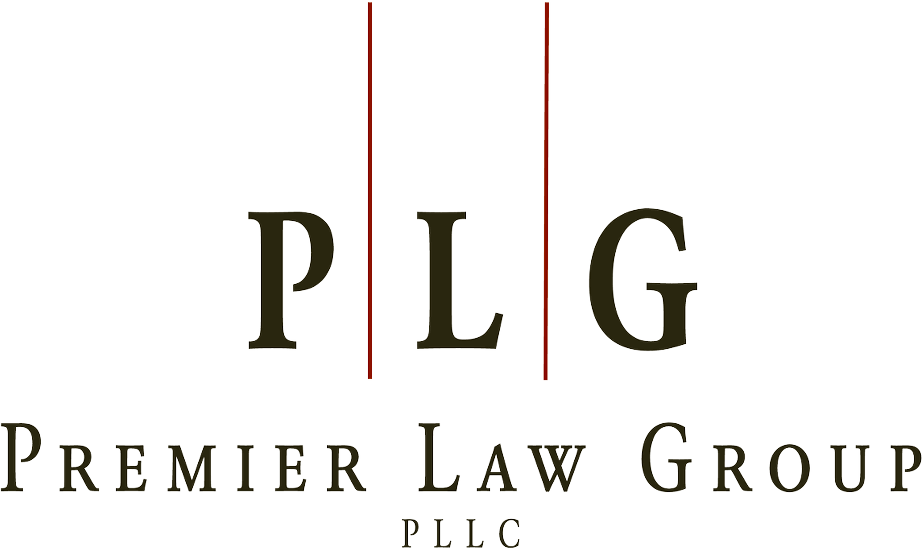






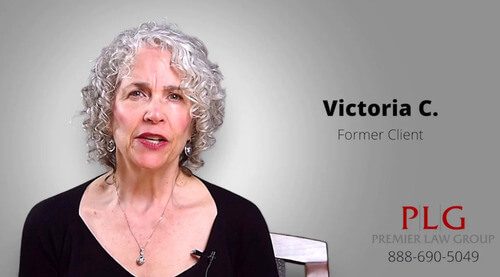
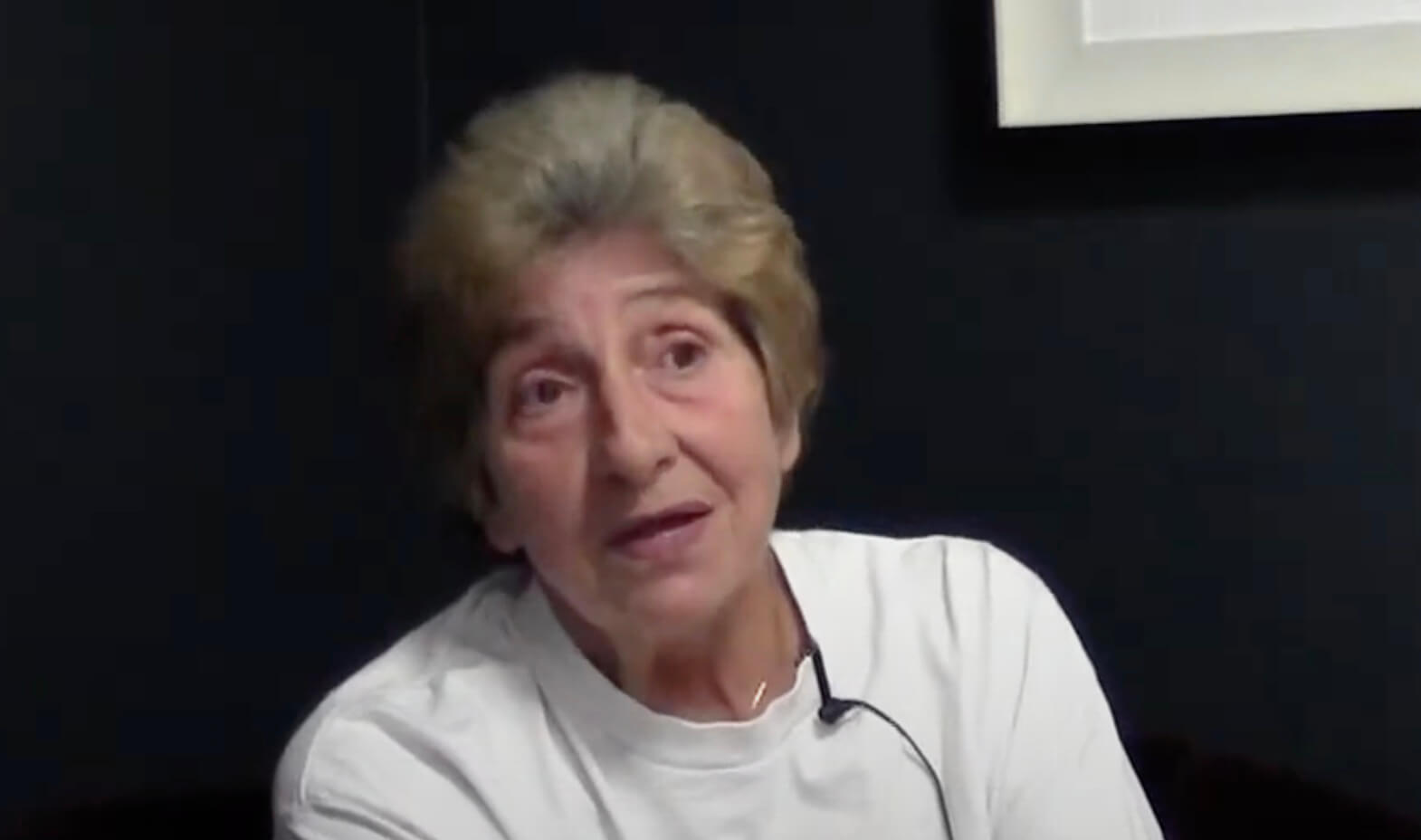
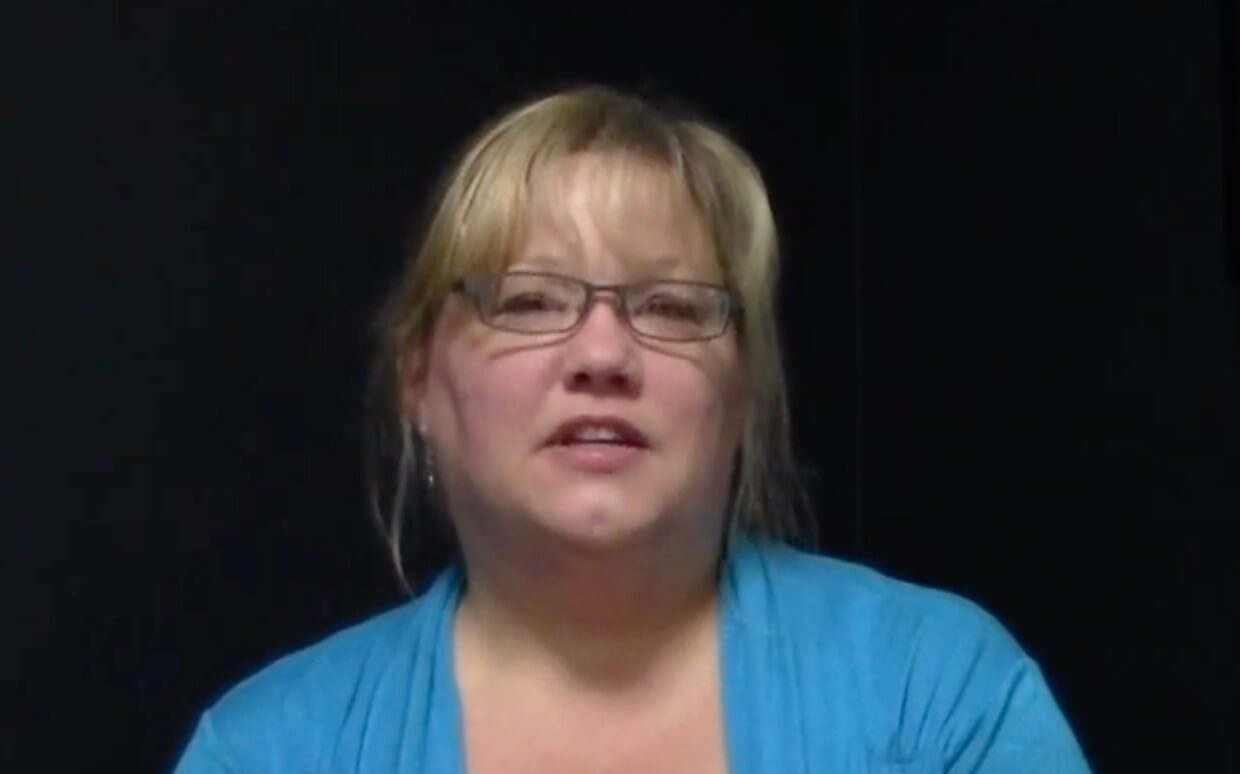
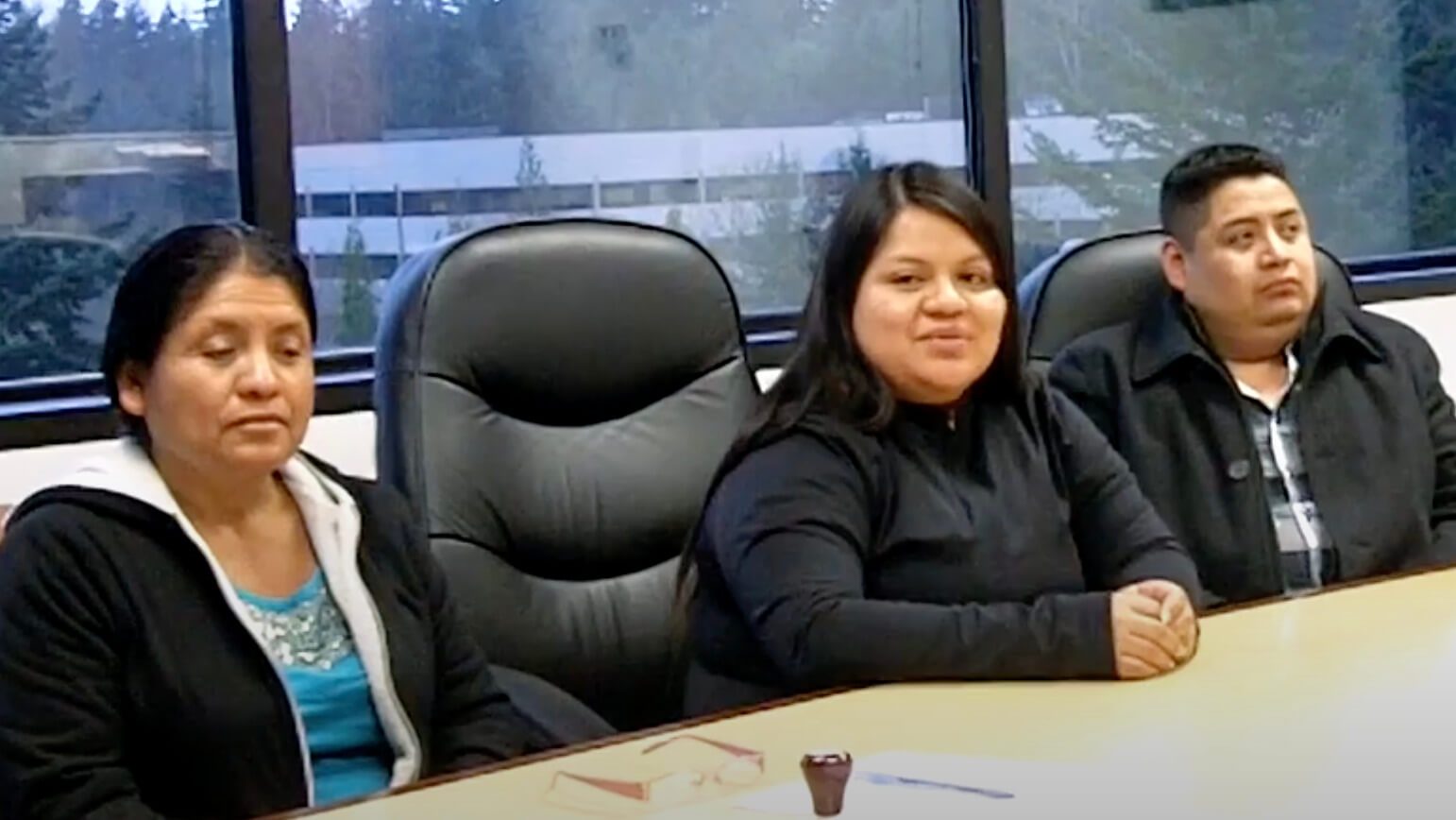


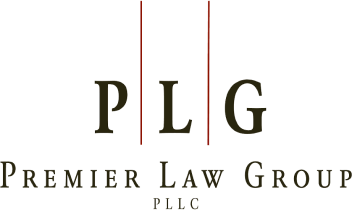
Jason at premier law group is truly an outstanding individual. Our particular case was not something that their firm usually sees but they were more than willing to help us and give us all of the information they had available. I can't recommend them enough.